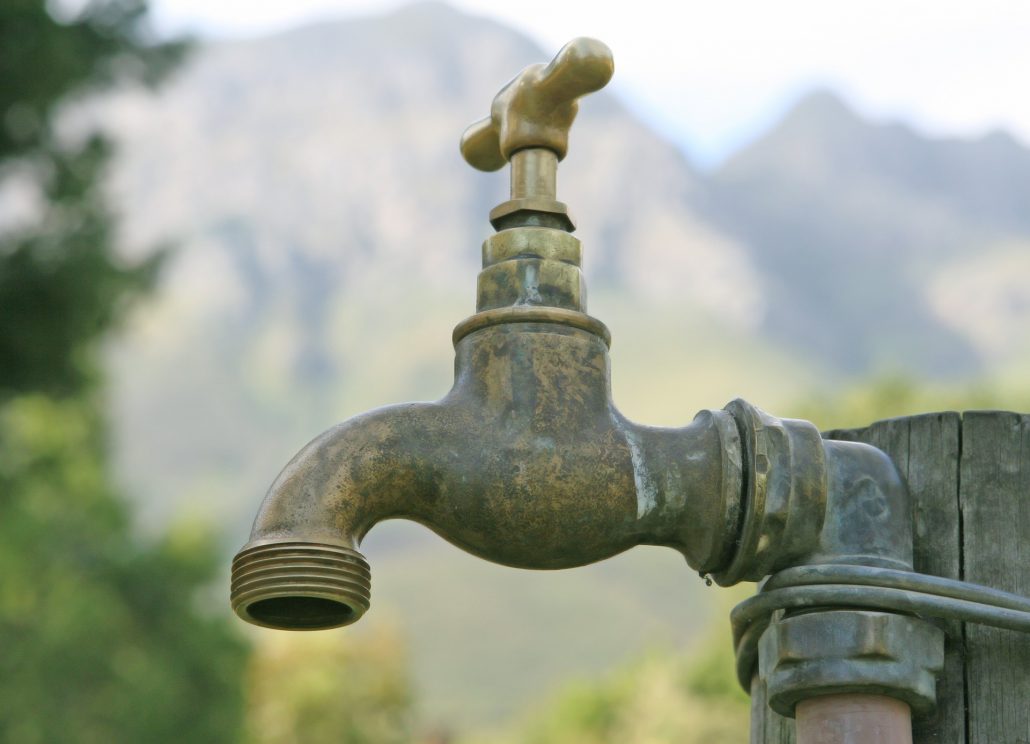At the Wisconsin Green Industry Federation, we are always looking to share findings from companies that do things “greener.” And although we are based in the US, we are happy to look across the Atlantic to find out what they’re up to in Europe.
The company we have chosen to feature today is called VVS 24, a plumber in Tromsø, Norway. After browsing different European websites for a while, this particular company caught our interest. On their homepage, VVS24: Rørlegger i Tromsø, they feature an article where they explain that they utilize a new technology called BioCleaner, which entails a biological cleaning system of sewages, not only for individual houses, but for entire towns.
Given their relevance to our focus on eco-friendly raw materials and manufacturing solutions, we reached out to them to see what we could learn from them about reducing carbon footprints. Here are five of the things they shared with us.
1. Do the Plumbing Budget Efficiently to reduce carbon footprint
The first step to reducing the carbon footprint when plumbing, is to use building materials that are sustainable, and that has been proven to be more eco-friendly. The new trend for environmentally-friendly plumbing systems is not only advantageous for the climate of our planet, but is also advantageous to your wallet.
2. Plumbers Should Utilize Water-saving Devices
The average U.S. family uses about 35 gallons of water per day, which is more than double the global average. With almost half of all homes not equipped with water-saving devices, this number is only set to rise. There are two main ways that plumbers can help conserve water today:
- Installers should install water-saving devices in new homes to reduce the household’s overall usage. These devices include low flow toilets, low flow showerheads, and faucet aerators
- Plumbers can educate their customers on how to use these products
3. Prevent Plumbing Leaks & Maximize Water Filtration
Water leaks and water filtration are two major issues homeowners face. There are many causes of plumbing leaks; here are two of the most pernicious:
- Blocked Drains: Drains might be blocked if there is a buildup of hair and grease, or if rocks and other materials have made their way into the pipes. This will need to be removed before it could cause a leak or need for repairs.
- Pipes Ageing: Pipelines also age over time, which can lead to cracks and gaps in pipes that can cause leaking problems. These can also form due to corrosion from acidic substances such as vinegar and coffee.
Plumbers do well to do thorough first-time installations to prevent leaks from arising. Water filtration systems should also be checked regularly to secure maximum flow.
4. Recycle Plumbing Wastewater or Use Recycled Water to Wash Vehicles & Boilers
Plumbing wastewater and recycled water can save a lot of energy and reduce the risk of contaminating freshwater. Recycling wastewater or using recycled water to wash vehicles and boilers not only reduces the demand for freshwater but also reduces the pollution that is caused by using freshwater.
The recycling process can save up to 80% of the energy consumed in treating and pumping freshwater as well as reduce contamination risks.
5. Reduce Plumbing Garbage by Using Reusable Packaging & Trash Bags
The average American produces 4.4 pounds of garbage per day, according to Save on Energy. This is an astounding number, and does not include the construction and home improvement industry, where the average person generates about 8.6 pounds of garbage each day.
We can reduce these numbers by using reusable packaging and trash bags for any construction project that creates a lot of waste. Thinking extra hard about all the processes that go into a plumbing company will help week out the habits or the methods that create an unnecessary carbon footprint.
Concluding Thoughts from the Plumber in Tromsø
Some key takeaways that the Norwegian plumber VVS 24 wanted to conclude our interview with, are to be more mindful of your plumbing company’s carbon footprint, make small changes in lifestyle, and be more environmentally conscious.
Reducing the carbon footprint means reducing the human activities that deplete the earth’s natural resources. It means reducing consumption without compromising the quality of life or economic stability. To do this, we need to change our mindset about how we measure success, take small steps by adopting sustainable practices, and make sure that everything we do is good for both people and planet.

